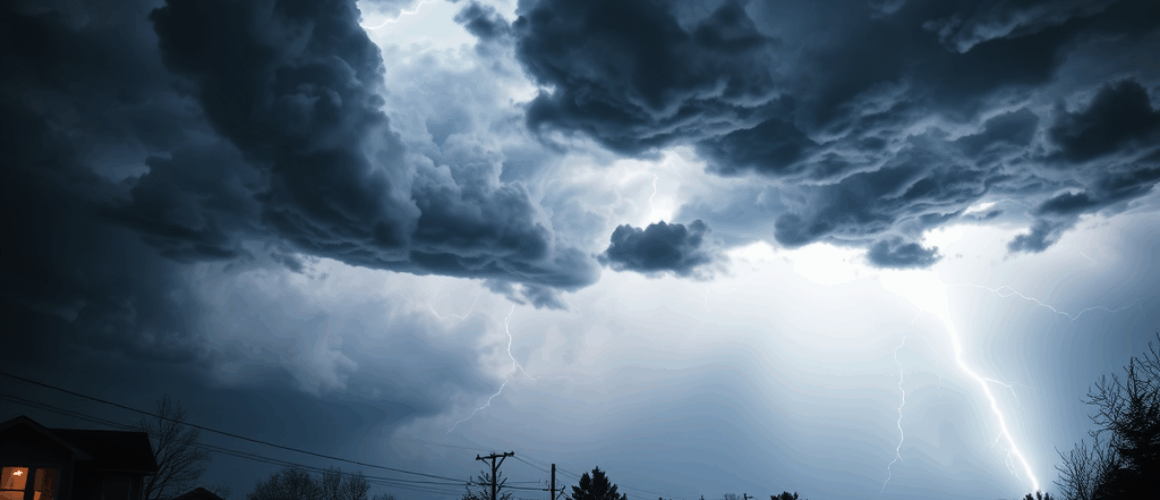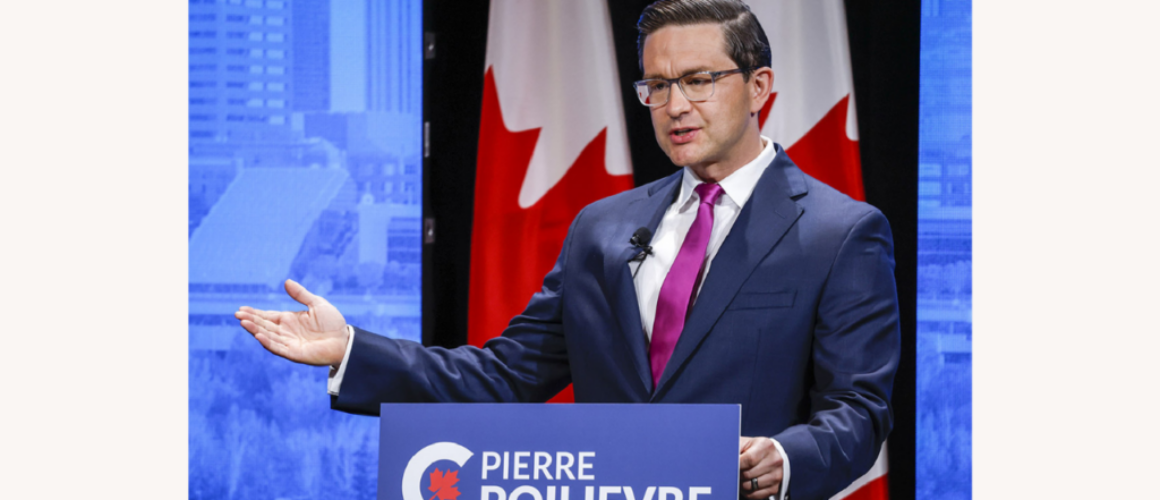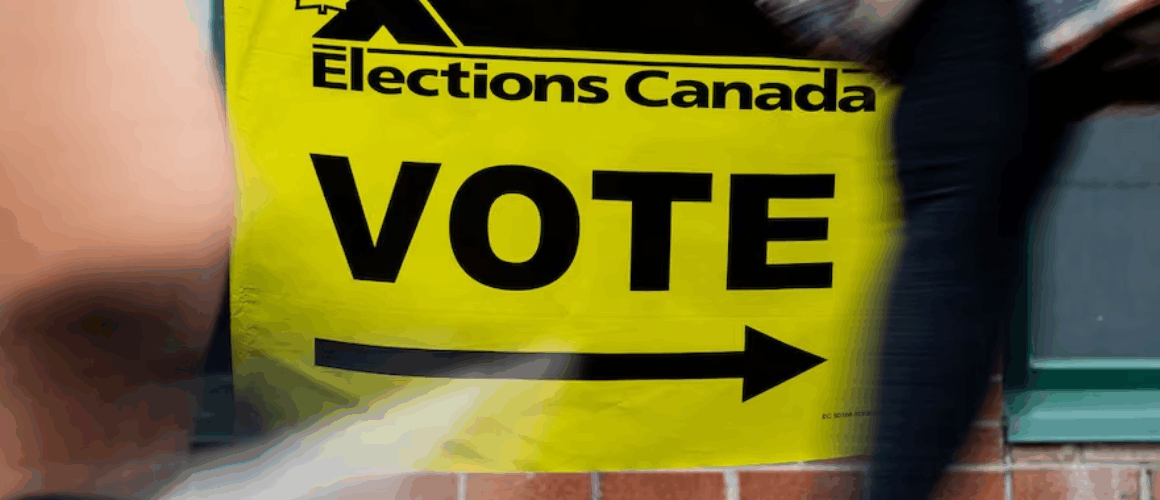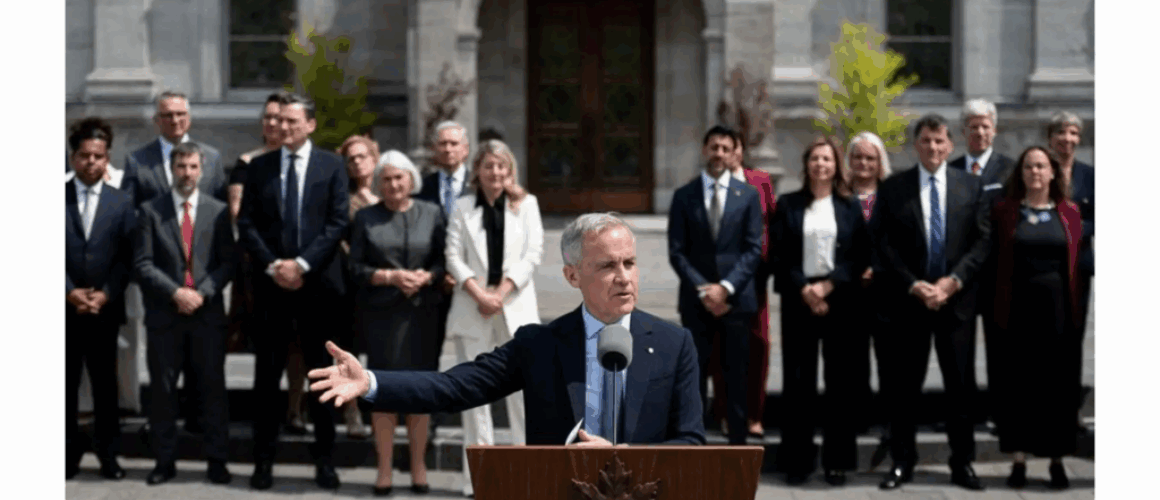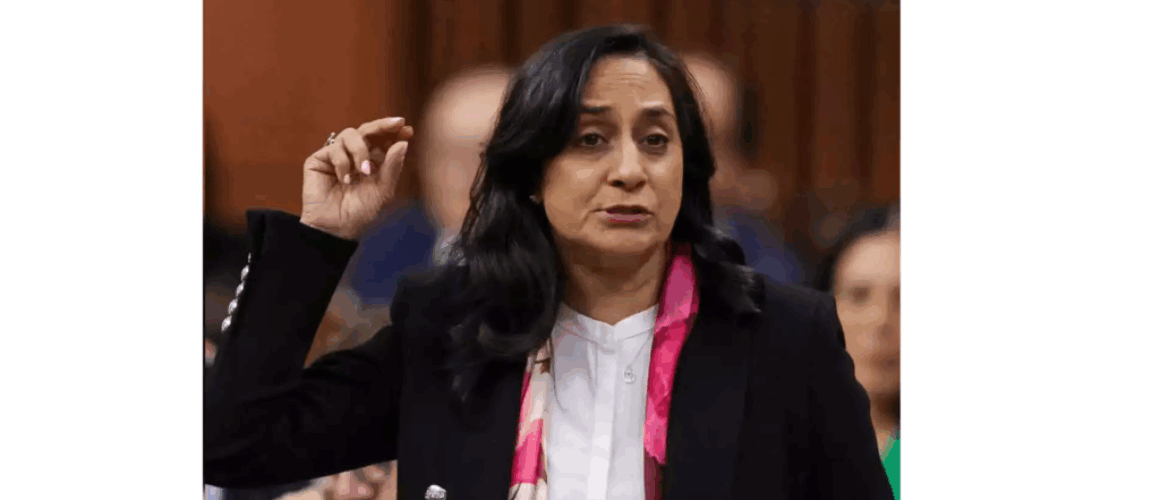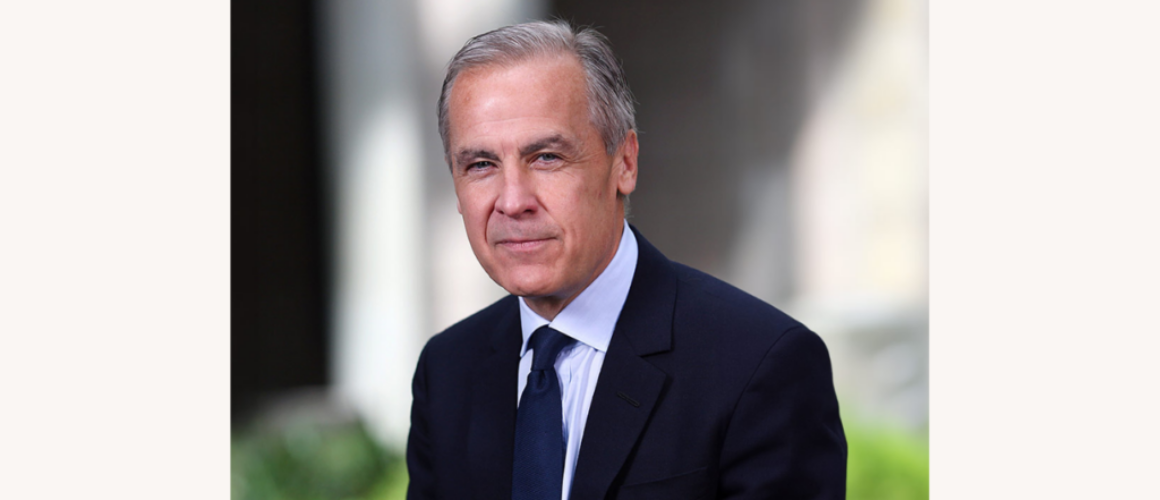As Mark Carney settles into his role as Canada’s new Prime Minister, the country appears to be at a political inflection point. His latest public declaration — to “relentlessly protect Canada’s sovereignty” — isn’t merely rhetorical. It signals a larger ideological shift that redefines Canada’s global identity in a post-globalist world.
The context for Carney’s statement was striking: a report emerged suggesting that during Donald Trump’s first Oval Office briefing in 2017, the idea of “absorbing Canada” was jokingly floated. While dismissed by many as political theatre, the fact that Carney chose to respond publicly — and sternly — reflects a broader anxiety within Canadian leadership about its geopolitical footing in an increasingly fragmented world.
This isn’t just about Trump. It’s about China’s encroachment in Arctic affairs, the United States’ unpredictable foreign policy, and the growing skepticism among Canadians about the integrity of national institutions. In the face of these tensions, Carney’s doctrine is emerging: a blend of economic nationalism, climate leadership, and strategic autonomy.
Sovereignty as Strategy, Not Symbolism
Unlike past political waves where sovereignty was a symbolic shield against external influence, Carney is advocating for strategic sovereignty. This includes domestic production of critical goods like semiconductors and pharmaceuticals, the fortification of Arctic defenses, and a restructured immigration system focused on long-term national interests rather than short-term population boosts.
Economically, Carney’s policies signal a departure from multilateralism for multilateralism’s sake. He has halted new trade negotiations with countries accused of human rights violations, and a review is underway to reconsider Canada’s role in the CPTPP (Comprehensive and Progressive Agreement for Trans-Pacific Partnership), particularly in relation to IP rights and agricultural standards.
Climate and Capital: A Reimagined Alliance
Interestingly, Carney’s vision doesn’t sideline climate policy — it centralizes it. Known globally as a former UN Special Envoy on Climate Action and Finance, Carney is attempting something rare: to unite environmental ambition with economic pragmatism. Under his leadership, Canada is launching its first Sovereign Green Infrastructure Fund, backed by both public and private capital, to develop everything from carbon-neutral ports to wildfire-resistant housing.
The opposition, particularly the Conservative Party, has responded with caution. Pierre Poilievre has criticized Carney for what he calls “elitist decarbonization,” warning that rural and working-class communities will bear the cost. But Carney has framed this transition as inevitable — and not just for environmental reasons. He believes energy independence, in the form of renewable self-reliance, is now a matter of national security.
The Return of Foreign Policy as Domestic Policy
Carney’s language marks a return to treating foreign policy not as an elite pursuit, but as something fundamentally tied to domestic stability. His administration has increased funding for domestic counterintelligence, introduced stricter foreign investment reviews (especially in telecoms and critical infrastructure), and is considering legislation to combat online political interference — including from friendly nations.
This approach resonates with a public that has grown increasingly skeptical of foreign entanglements. According to a recent Ipsos poll, 63% of Canadians believe that Canada is “too influenced by the political priorities of the United States,” and 71% support more defensive economic measures against foreign competition, even if it means higher prices.
Conclusion: A New National Identity in the Making
Mark Carney may be the most globally recognized Canadian politician since Trudeau Sr., but his message is deeply inward-looking. His focus on sovereignty is not nostalgic nationalism — it’s an attempt to forge a new kind of Canadian identity: economically resilient, ecologically secure, and geopolitically independent.
Whether he can deliver on this vision remains uncertain. But what’s clear is that Carney has moved the national conversation away from partisanship and toward principles — sovereignty, security, and self-determination. In a chaotic world, that message may be Canada’s new north star.
